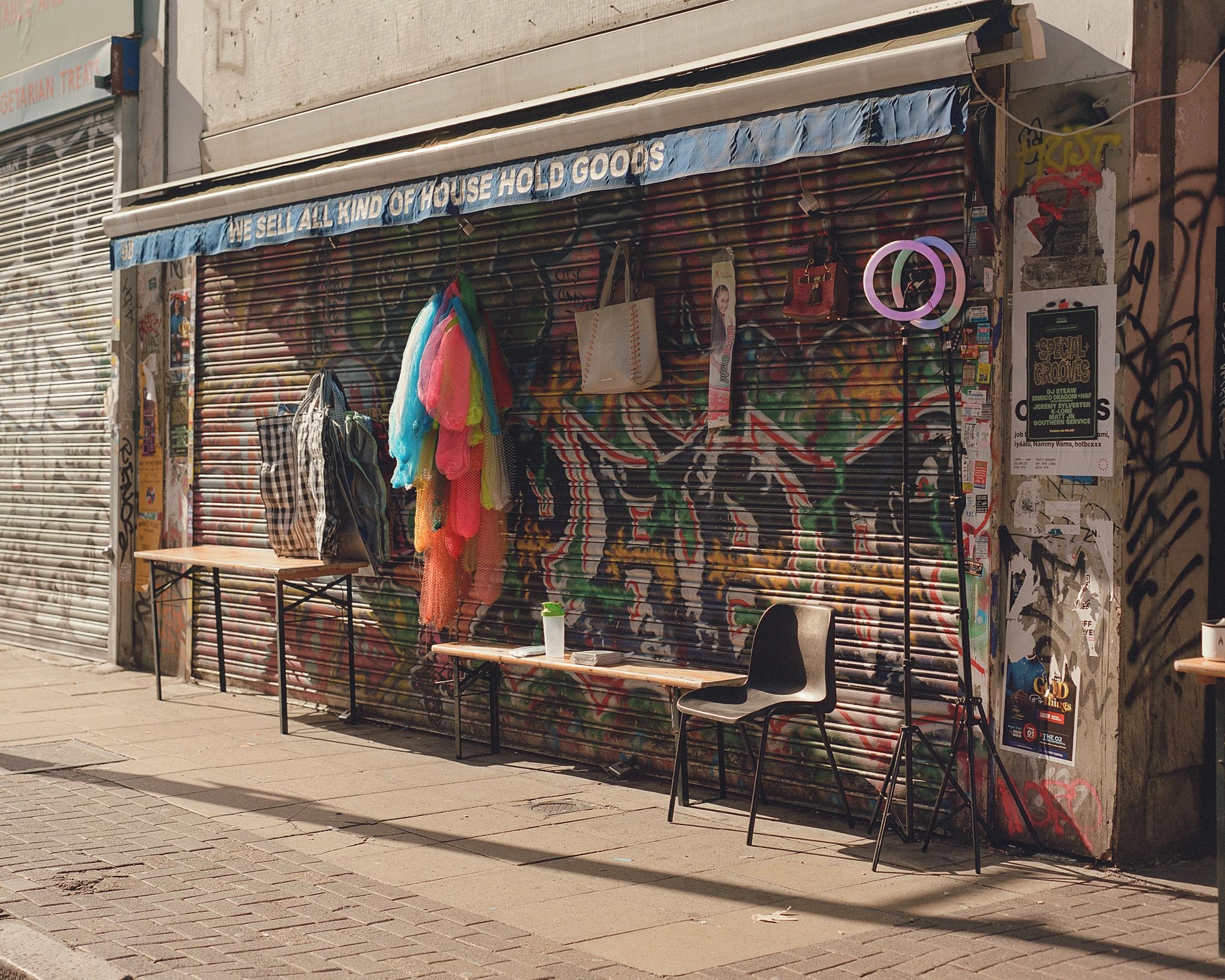Factsheet: Dangerous new phase for families in debt - UK's economic insecurity by numbers
JRF has analysed the debt time bomb facing millions of low-income families in the UK.
Tomorrow, the Bank of England’s Monetary Policy Committee (MPC) is expected to increase interest rates in an effort to get inflation back on track towards its 2% target.
Much has been said about how this will affect mortgage-holders, but analysis from JRF shows that the cost-of-living crisis for low-income families has entered a dangerous new phase for people whether they have a mortgage or not.
Low income families are paying hundreds in interest on loans taken out to help them including those to help with the rising cost of living. Even without a mortgage, these households are incredibly exposed to rising interest rates.
We have analysed the debt time bomb facing millions of low-income families:
- Nearly 6 million low-income families (5.7m) had unsecured debt (personal loans from banks and credit unions, credit cards, overdraft facilities, payday lenders and licensed doorstep loans) as of May 2023.
- In total, they had around £14.2 billion in unsecured debt (personal loans, credit cards, overdraft facilities, pay-day lenders and licensed doorstep loans) between them as of May 2023, around £2,500 on average per family.
- As of May 2023, we estimate an annualised cost of paying interest on this debt at around £3.9 billion, or around £680 per household on average.
- We also estimate that the same total and mix of loans would have cost around £210 million less in interest payments just 18 months previously.
- Our research shows a fifth of low-income families – 2.3 million – need to take on new lending just to pay their rent or energy bills. Almost all households who reported using credit to pay for bills during the cost of living crisis (92%) are going without at least one essential. Over half (53%) are going without three or more essentials. Over 8 in 10 (82%) experienced food insecurity in April/May.
- Using credit to pay the bills isn’t stopping households from falling into arrears with their bills. Three quarters (75%) report being in arrears with at least one household bill or lending commitment, and 44% are in arrears with three or more bills.
- You’re also more likely to owe more: the average amount of arrears held by those who have used credit to pay bills is £1,800, compared to £1,400 for those who haven’t.
- Almost 6 in 10 (58%) of those who reported using credit to pay bills have less than £200 in savings. 26% have no savings at all.
- Over half of those who reported using credit to pay bills hold a loan with a loan shark, doorstep lender, payday lender or pawn shop. A third hold three or more loans with these lenders.
- The average amount of debt held by those who have been using credit to pay bills is £4,450, compared to £2,740 for those who haven’t.
Feelings of insecurity will last generations
In a recent essay, JRF Director of Policy and Insight Graeme Cooke argues tackling insecurity is essential to creating the happier, healthier, more productive society.
But that’s impossible when millions of households live in such precarious circumstances that they’re unsure how they will feed and clothes themselves week-to-week.
Policymakers are overlooking this crisis
In a blog, JRF chief economist Alfie Stirling and senior economist Rachelle Earwaker write that while rising mortgage costs tend to dominate the national conversation, the affordability of short-term credit remains a vital factor in preventing an already brutal crisis from getting rapidly worse.
As interest rates continue to rise, and even as inflation falls back, we risk the tragedy of a second wave of crisis as millions of people struggle to smooth out their incomes any further due to increasingly unaffordable credit.
Alfie Stirling, JRF Chief Economist, said:
“We are at risk of sleepwalking into a second wave of avoidable crisis, leaving more families unable to pay their bills for longer. As the pace of price increase on essentials begins to slow down, family finances are now in peril due to the rising cost of money itself. For many, what small respite might be gained from energy and fuel prices stabilising will be lost through rising costs for credit cards, overdrafts and mortgages.
“The 2020s so far has been defined by a continued lurch from one economic crisis to the next. Each demonstrates the UK’s deeper underlying fragilities and the failure across consecutive governments to build up and spread different forms of economic security, including income safety nets, public services, housing and energy generation and efficiency. The next few months could mark a turning point in how the decade is remembered, but it requires a new course to end continuing insecurity.”

This news article is part of the savings, debt and assets topic.
Find out more about our work in this area.